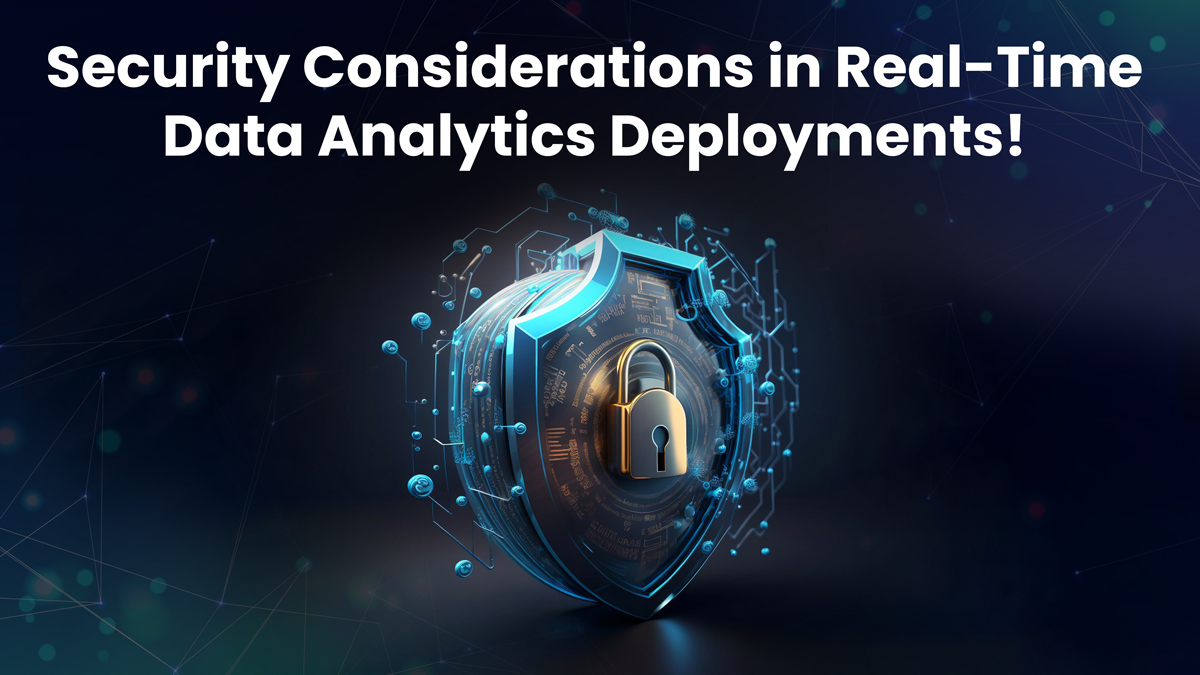
While working with eCommerce, real-time data analytics requires robust security measures, including strong encryption, strict access controls, and regular audits of third-party integrations. Rapid data processing can risk overlooked security, so automated checks and AI model protection are crucial. Addressing these ensures secure, effective analytics deployment.
When deploying real-time data analytics in eCommerce, security is paramount. For software development in Fermion, ensuring that data streams are secure is essential to protect both the business and its customers. Key considerations include:
1. Data Encryption
- Insight: Encryption is the first line of defense against unauthorized access to sensitive data. All data, whether in transit or at rest, must be encrypted using strong cryptographic protocols such as AES-256 for at-rest data and TLS 1.2 or higher for data in transit. This ensures that even if data is intercepted or accessed by unauthorized individuals, it remains unreadable without the correct decryption keys. Additionally, regular key rotation and management practices should be enforced to minimize the risk of key compromise.
2. Access Control
- Insight: Implementing strict access control mechanisms is vital to limit who can view or manipulate real-time data. Role-based access control (RBAC) should be employed to ensure that only authorized personnel have access to specific datasets and functionalities within the analytics platform. This minimizes the risk of data breaches from internal sources. Furthermore, multi-factor authentication (MFA) and the principle of least privilege should be applied to ensure that access is granted only on a need-to-know basis, reducing the attack surface.
3. Secure APIs
- Insight: APIs are the backbone of data integration, especially when connecting with third-party services. Securing these APIs is crucial to prevent vulnerabilities that could be exploited during data transmission. Use API gateways to enforce security policies, such as rate limiting and IP whitelisting, and ensure that APIs are always accessed over HTTPS. Additionally, implement OAuth2 for secure authentication and authorization, and consider using API security testing tools to regularly check for potential vulnerabilities.
4. Compliance
- Insight: Compliance with industry standards and regulations such as GDPR, PCI-DSS, and HIPAA is not just a legal obligation but also a critical component of your security strategy. These regulations dictate how customer data should be handled, stored, and processed. Implementing privacy-by-design principles ensures that data security is integrated into every aspect of your analytics deployment from the start. Regular audits and updates to compliance protocols are necessary to adapt to evolving regulations and avoid hefty fines or reputational damage.
5. Anomaly Detection
- Insight: Real-time monitoring and anomaly detection are essential for identifying and mitigating security threats as they occur. Deploy advanced machine learning algorithms to detect unusual patterns or behaviors in data flows that may indicate a security breach or insider threat. Integrating automated response systems that can isolate compromised segments and alert security teams in real time can drastically reduce the potential damage of a security incident. Continuous learning and updating of these models are crucial to adapt to new types of threats.|
These measures can help eCommerce businesses safeguard their data while benefiting from the insights provided by real-time analytics, ultimately fostering customer trust and business growth.


Great breakdown! For those diving deeper into AI tools, check out AI Resources-a solid hub for curated, cutting-edge solutions across industries.